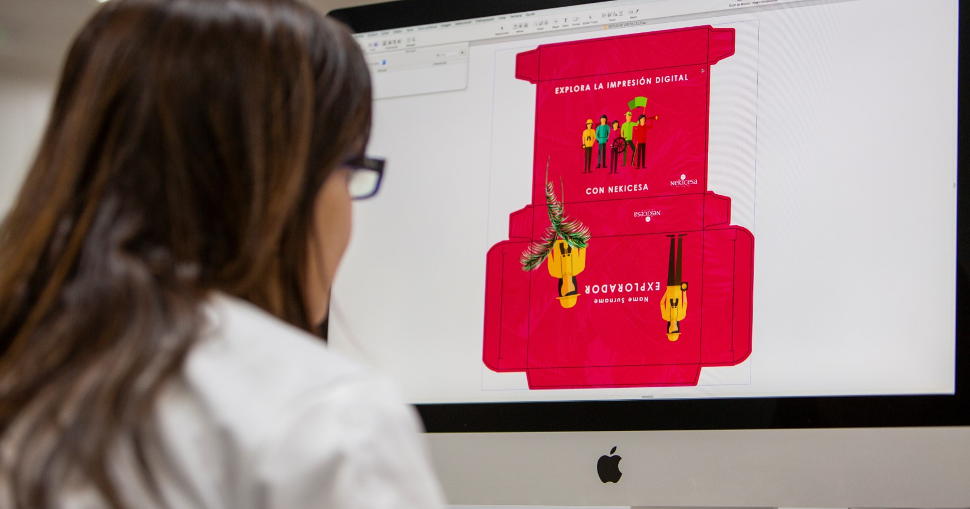Essentra Packaging has become the first global packaging manufacturer to begin rolling out cloud deployment of the Esko Automation Engine workflow solution across its European prepress departments.
Following a successful trial at its plant in Lublin, Poland, Essentra Packaging has now begun a program to integrate Automation Engine at many of its locations throughout Europe, taking advantage of the SaaS (Software as a Service) deployment to simplify IT infrastructure while enjoying the efficiency and productivity gains delivered through the automation and digitization of processes.
“We had been looking to standardize our systems and processes in the prepress area for a long time,” said Mark King, Technical Manager (Packaging Division) with Essentra Packaging. “A SaaS deployment is essential for a business like ours because of the number of sites that we have in different locations, and the fact that each site can be using different systems. We wanted a complete solution that is scalable for our business, and Automation Engine SaaS ticks all the boxes for us.”
The high-performance workflow automation solution from Esko, Automation Engine is flexible to adapt to changing business needs, scalable and customized to optimize individual prepress workflows. “It enables businesses like Essentra to automate, standardize and improve prepress workflow with accelerated benefits across their entire organization,” said Paul Land, Product Manager with Esko. “It automates prepress tasks and integrates with business systems, which speeds up the process, and significantly reduces the error rate and need for operator intervention."
“With the next generation Automation Engine, we introduced a cloud-based deployment option,” he said. “Essentra Packaging had previously expressed a desire to move from an on-premise installation of Automation Engine to a SaaS solution that sits in a cloud-based environment, so they were invited to join our pre-release program.”
Mark King explained that Essentra Packaging has achieved some of its growth through acquisition, with the result being different systems and software levels across the business. “Our Lublin facility was selected as the pilot site as it is a multi-product manufacturer, so in terms of development we could experience the new system across both cartons and labels. Following that successful first deployment, we now have a robust plan to roll out the system across the packaging division.
“What Automation Engine SaaS enables us to do is standardize, to bring the sites into line and work to one standard process,” he said. “The workflows are stored centrally and can be accessed from all the sites within our group. This provides us with the flexibility to share knowledge and share artwork - all in a consistent format. By creating these specific workflows for specific jobs, our operators can consistently produce the same job, day in and day out, with the same outputs, even from operator to operator. That improves efficiency and ensures that every job meets all quality standards and is delivered on time.
“For example, one of the things we've seen in terms of major time savings is when looking at imposing jobs,” said Mark. “When we're using a manual process, it can take anything up to 30 minutes, but with Automation Engine SaaS that is reduced to a matter of just two to three seconds."
“Another benefit with the SaaS solution is that the software is continually updated, so we can adopt the new features more quickly,” he said. “This means that we have the agility and flexibility to adapt and change based on customer demand, with the automated workflows updated instantly based on the customer’s requirements.”





